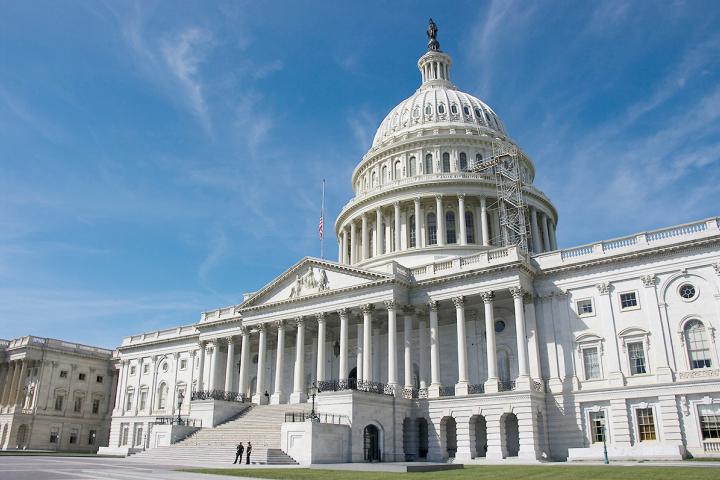Earlier this month, House India Caucus Co-Chair Rep. Brad Sherman (D-CA) led a bipartisan letter co-signed by 36 Members of Congress addressed to Pakistan ambassador to the US Asad Majeed Khan urging the Government of Pakistan to reverse its acquittal of the four terrorists convicted in the 2002 abduction and barbaric beheading of Wall Street Journal reporter Daniel Pearl, a constituent of Rep. Sherman.
“On Thursday, January 28th, Pakistan’s Supreme Court ruled that the four men convicted of kidnapping and murdering American journalist Daniel Pearl, including British national Ahmed Omar Sheikh, shall be set free,” the letter reads. “We join with the White House in affirming that such a decision is an “affront to terrorism victims everywhere.’”
“In pursuit of justice for Pearl and the countless others who have been murdered by acts of terrorism, it is incumbent upon us to urge you to do your utmost to ensure that the Government of Pakistan conducts a full review of the acquittal in the case of Daniel Pearl,” the letter concludes.
Senator Marco Rubio (R-FL), ranking member of the Senate Select Committee on Intelligence and a senior member of the Senate Foreign Relations Committee, also sent a strongly worded letter to Ambassador Khan this month. In his letter, Rubio expressed his “deep concern and disappointment” with the Pakistan Supreme Court’s decision. “I urge the Pakistan Government to ensure those responsible for Daniel’s brutal murder, including Sheikh, remain in jail,” Rubio says.
Omar Sheikh and his accomplices were members of the Pakistan-based Jaish-e-Mohammed (JeM) terrorist organization. For nearly 40 years, the Islamic Republic of Pakistan has harbored, funded and sponsored terrorist organizations like JeM, Hizbul-Mujahideen (HM), and Lashkar-e-Tayyiba (LeT) that have waged deadly campaigns of terror in India, Afghanistan, and across South Asia.
The Pakistani courts’ acquittal and release of high-profile terrorist leaders has become mainstream, in line with the government being labeled a state sponsor of terrorism. For instance, in November 2017, Hafiz Saeed, LeT co-founder and mastermind of the 2008 Mumbai terrorist attacks that killed 166 people, was released from Pakistani custody. Three months later, the Trump Administration halted $2 billion in US military aid to Pakistan.
In 2018, the Financial Action Task Force (FATF), an inter-governmental dirty money watchdog organization, placed Pakistan on it’s ‘Grey List’ for money laundering and terrorism financing to groups JeM and LeT after being on the group’s ‘Watch List’ since 2012.
Last December, the Islamic Republic of Pakistan was again designated as a ‘Country of Particular Concern’ (CPC) by the US State Department under the International Religious Freedom Act of 1998 for egregious violations of religious freedom, making it eligible for US sanctions, which it has avoided despite being the largest state sponsor of terrorism in Asia.
On HAF podcast That’s So Hindu episode 19, HAF Managing Director Samir Kalra, Esq. speaks with award-winning author Yudhijit Bhatacharjee about the rise of Jaish-e-Mohammed founder Masood Azhar, and the role of Pakistan-sponsored terrorism in the Kashmir conflict.
“In legal parlance, the case against Pakistan for funding and sponsoring terrorism is what we call ‘a slam dunk’”, stated Kalra. “Pakistan is the single most destabilizing and menacing force in the region. We welcome Congressman Sherman’s inquiries; it’s long past time for the US to seriously hold Pakistan accountable for their crimes against humanity,” Kalra said.






































